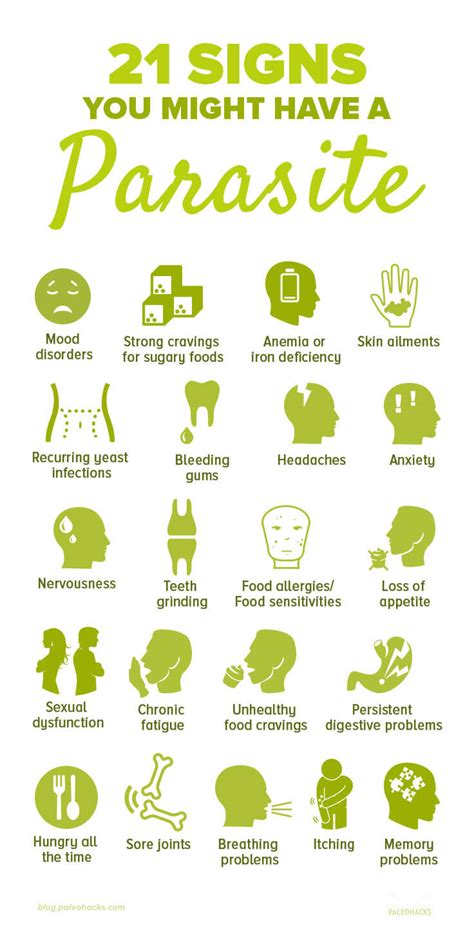How to Know if You Have a Parasite: Recognizing the Signs and Symptoms
Parasites. The very word conjures up images of creepy crawlies making a home inside your body. While the thought is unsettling, it's important to understand that parasitic infections are more common than you might think. Knowing the signs and symptoms can help you seek timely medical attention. This guide will help you understand how to recognize potential parasite infestations and what steps to take next.
Common Signs and Symptoms of Parasites
It's crucial to understand that parasitic infections manifest differently depending on the type of parasite and the individual's health. Symptoms can be subtle and easily mistaken for other illnesses. However, some common indicators include:
Gastrointestinal Issues:
- Diarrhea: Frequent, loose, or watery stools are a prevalent symptom. This can range from mild discomfort to severe dehydration.
- Abdominal Pain and Cramping: Pain in your stomach, often accompanied by cramping, can signal a parasitic infection.
- Nausea and Vomiting: Feeling sick to your stomach and throwing up are also common.
- Bloating and Gas: Excessive bloating and gas are often associated with intestinal parasites.
- Constipation: While more often associated with diarrhea, some parasites can cause constipation.
Other Potential Symptoms:
- Weight Loss: Unexplained weight loss can indicate a parasitic infection, as the parasites consume nutrients from your body.
- Fatigue and Weakness: Feeling constantly tired and weak is another common sign.
- Skin Rashes and Itching: Some parasites can cause skin irritations, rashes, or itching, particularly around the anus or genitals.
- Fever: A low-grade fever can sometimes accompany parasitic infections.
- Anemia: Parasites can cause anemia by feeding on red blood cells. This can lead to fatigue, weakness, and shortness of breath.
- Muscle Pain and Joint Pain: In some cases, parasitic infections can cause muscle aches and joint pain.
- Loss of Appetite: A reduced desire to eat can be a symptom.
Types of Parasites and Their Specific Symptoms
While the above symptoms are general indicators, some parasites have more specific signs:
- Intestinal Worms: These often cause abdominal pain, bloating, nausea, and diarrhea. You may also see worms in your stool.
- Giardia: This parasite commonly leads to watery diarrhea, gas, stomach cramps, and nausea.
- Amoeba: Infections with Entamoeba histolytica can cause diarrhea, abdominal pain, and fever. In severe cases, it can lead to serious complications.
- Tapeworms: These parasites can cause weight loss, abdominal pain, and digestive issues. You might even pass segments of the tapeworm in your stool.
Important Note: This is not an exhaustive list, and many other parasites exist with varying symptoms.
When to Seek Medical Attention
If you experience any of the symptoms mentioned above, especially if they are persistent or severe, it is crucial to consult a doctor. Self-diagnosing and treating parasitic infections can be dangerous. A healthcare professional can perform the necessary tests to identify the parasite and recommend the appropriate treatment.
Preventing Parasitic Infections
While not always preventable, practicing good hygiene can significantly reduce your risk:
- Wash your hands thoroughly: This is the single most important preventative measure.
- Cook meat and fish properly: Ensure food is cooked to a safe internal temperature to kill any potential parasites.
- Wash fruits and vegetables: Thoroughly wash all produce before consumption.
- Drink safe water: Avoid drinking water from unverified sources.
- Practice good sanitation: Maintain proper sanitation in your home and surroundings.
Remember, early detection and treatment are crucial for managing parasitic infections. Don't hesitate to seek medical attention if you suspect you might have a parasite. Your health is worth it.
